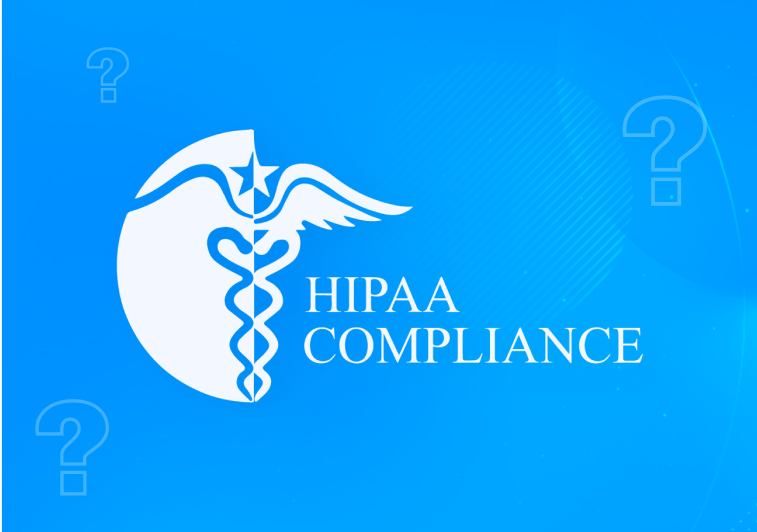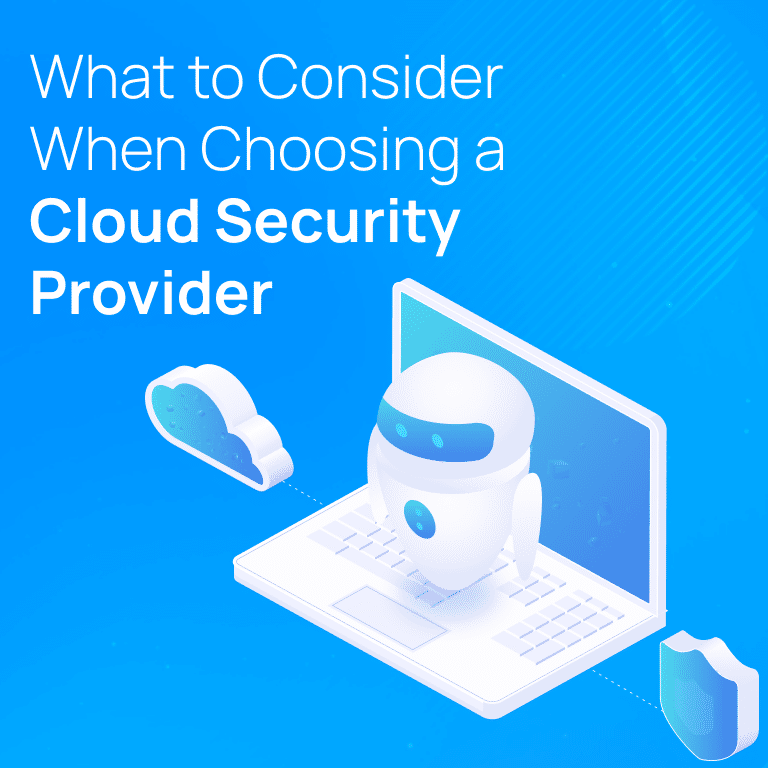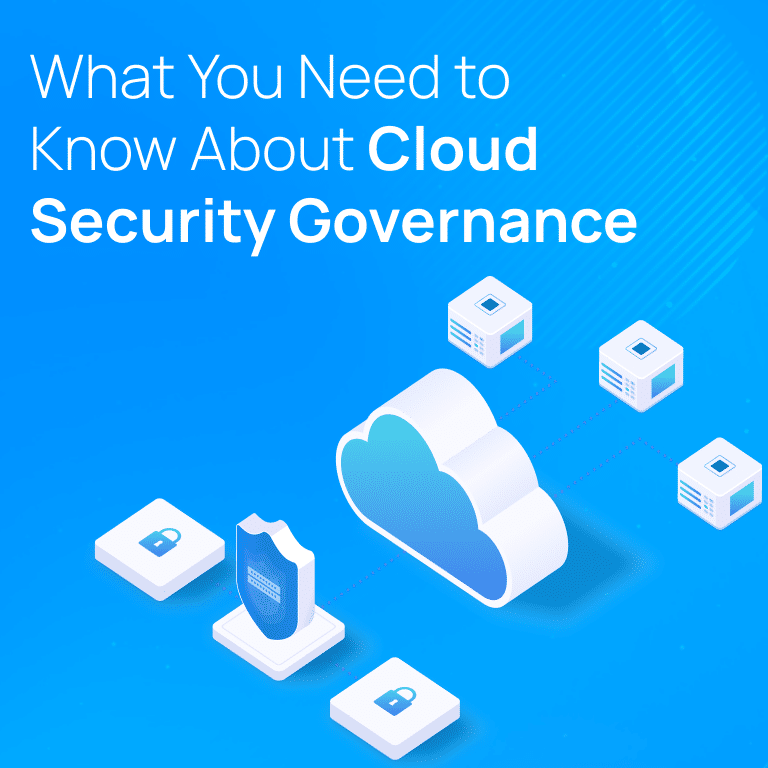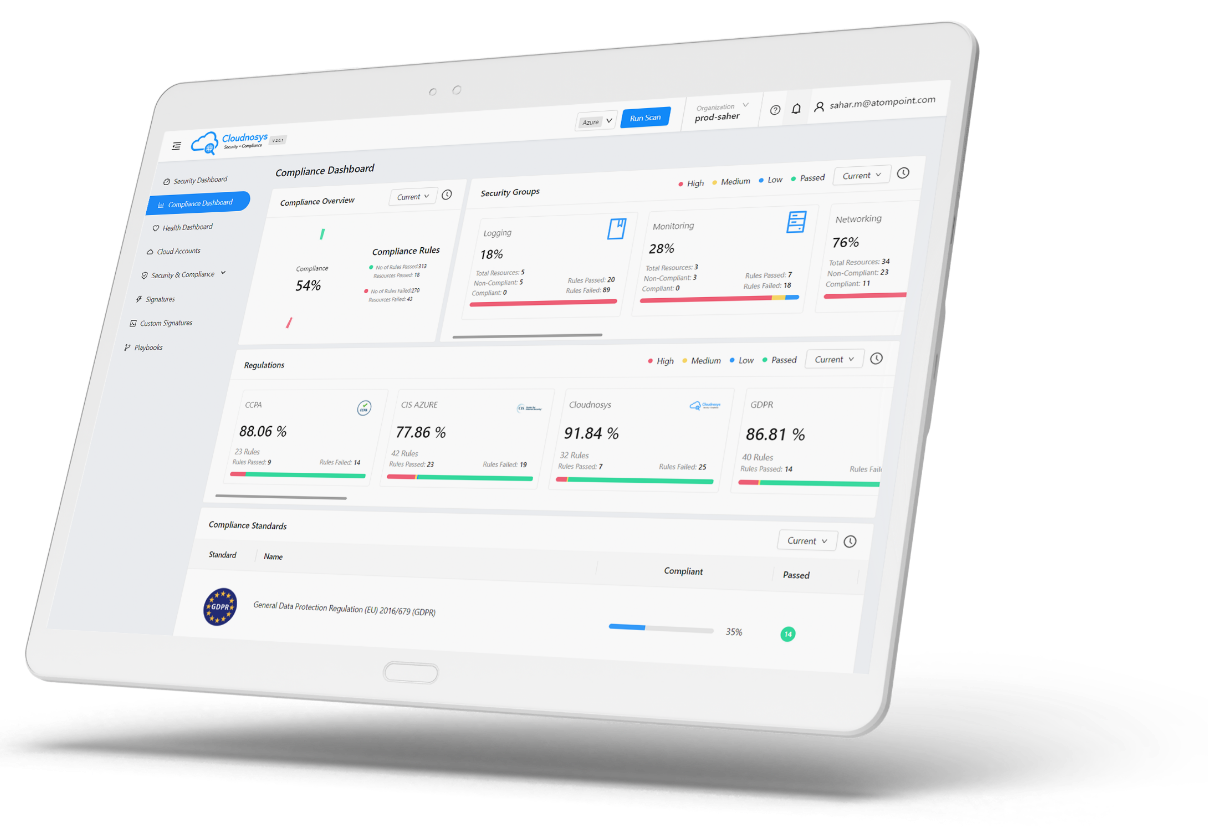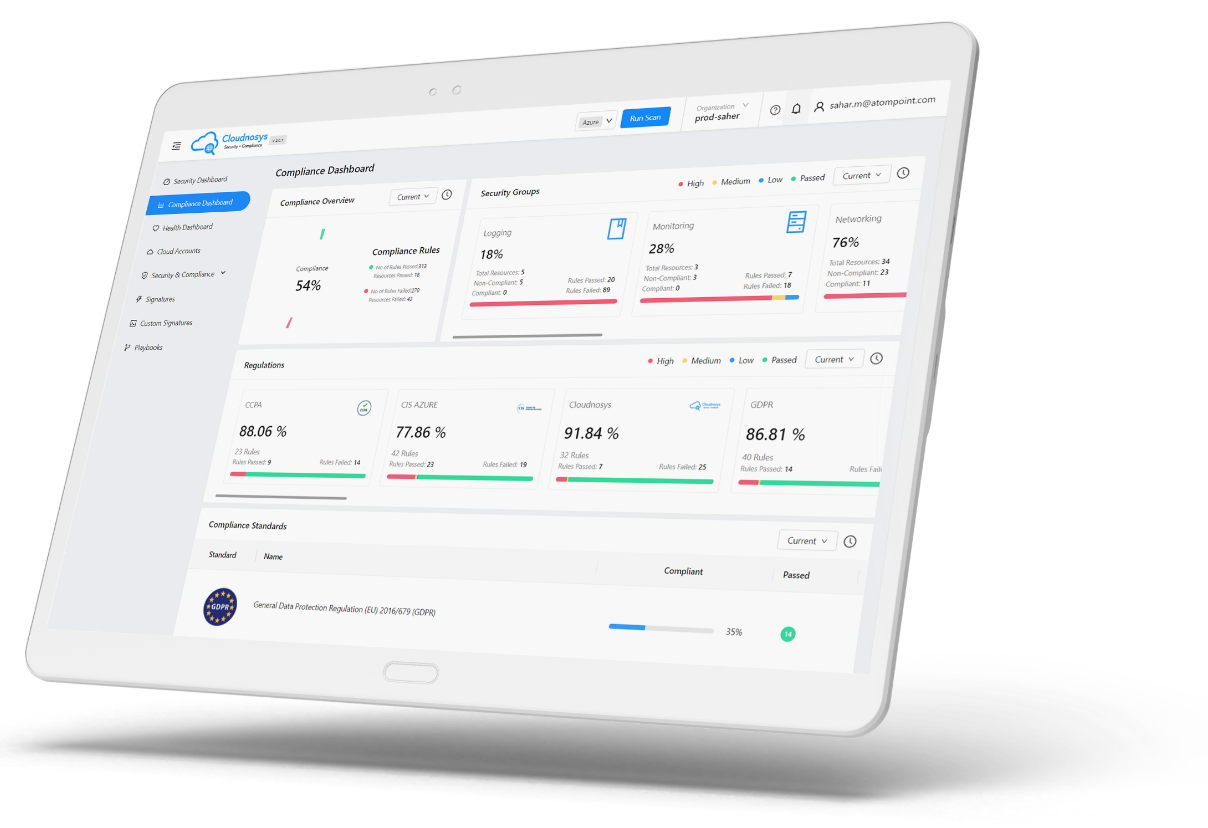In today’s digital world, enterprises gather and store large amounts of critical user data, especially in industries like healthcare and finance, making these organizations a prime target for cyber-attacks. In fact, a lot of organizations have already been a victim of such attacks compromising the Protected Health Information (PHI). This is why organizations dealing with sensitive user data must ensure HIPAA compliance for the safety and security of such information.
The Growing Need for HIPAA Compliance
HIPAA – Health Insurance Portability and Accountability Act – was drafted in 1996. However, its application only became a matter of concern for businesses in the past few years due to the increase in cyber threats.
Enterprises across the globe have access to electronic records of health, credit card and bank account details, patients’ data and history, and a lot more. As efficient as electronic records are for a company, they make such data vulnerable. This matter of security is escalating with the recent increase in the use of cloud storage.
HIPAA Compliance and its necessity for cloud storages
Although clouds are designed to provide decent security, not being HIPAA compliant can leave significant loopholes for cybercriminals to breach your sensitive data. This is why a cloud service dealing with PHI can only be deemed safe if it is HIPAA compliant.
In addition, covered entities like a cloud service provider are bound to comply with HIPAA policies and regulations. To understand this, it is important to know what a covered entity and business associates are.
HIPAA Covered Entities
Organizations or entities that comply with HIPAA is called a covered entity – cloud services providers fall into this category. Any firm that creates, offers, or deals with insurance plans and related data is required to comply with HIPAA regulations. Such organizations include:
- Health insurance firms like UnitedHealth Group and WellPoint Inc. Group
- Health plans sponsored by an employer like Facebook, Google, or any other organization
- Health plans sponsored by the government, such as Medicare and Medicaid
Business Associates
Organizations dealing with PHI often don’t work in isolation. They use third-party services for on-premise or cloud storage to store their data for business-wide accessibility, use, and security. Such companies are referred to as business associates and are obliged to become compliant with HIPAA policies.
Why CSPs are Increasingly Becoming HIPAA Compliant
Securely handling patient’s health information is becoming increasingly demanding and burdensome with the growing cybersecurity threats. This is why cloud service providers, especially those catering to the healthcare sector, are required by law to become HIPAA compliant.
In addition to being obliged by law, there are several other reasons why HIPAA compliance is gaining traction among cloud service providers today, some of which include:
1. Healthcare organizations are concerned about moving data on unsecure clouds
Despite being a growing alternative to on-premise, healthcare organizations are still susceptible to store critical data on the cloud. Although each CSP offers high standards of security related to information privacy and data breach using technologies like Single Sign-On (SSO), it is not sufficient to guarantee the optimum level of data security, which a healthcare organization should have in place. This concern has grown exponentially with the cyber-attacks that took place recently.
Furthermore, according to a survey, healthcare entities themselves are not encrypting data while using cloud systems, which adds another question mark on the overall security of the critical client data. To avoid these concerns, such entities and their business associates have been actively seeking compliance with HIPAA regulations to ensure all-round security of their cloud data.
Cloud HIPAA controls involve a selected set of controls for encryption and data protection for all inbound and outbound traffic including data at rest and in transit. A cloud system has many components and each component has specific configurations. If these configurations are incorrect or weak, then there is a potential risk of a data breach. Cloud security platforms like Cloudnosys check for all these data and infrastructure controls for correct configurations, and if anything of high risk is found, it can alert and give you detailed instructions on how to remediate.
2. Compromised control of data
Healthcare entities are becoming more concerned about losing control of PHI data once they’re on the cloud. However, as per a Gartner study, a vast majority of the data security and access failures are now happening due to vulnerabilities within the healthcare entity’s own security infrastructure.
With HIPAA compliance, such entities have a set of laid-out guidelines to follow. These guidelines not only ensure data control and security within the entity’s own framework but also guarantee the same access to healthcare providers while dealing with a CSP under a Business Associate Agreement (BAA). Furthermore, HIPAA compliant clouds limit access to PHIs based on authorization and need for access. This means that not everyone within the organization can access the entire profile of patients.
3. The right of accessing and altering information
A recent alteration in the Privacy Rule of HIPAA has now allowed patients the access to PHI with the permission to correct their medical information. Only a patient can access the information if the healthcare entity itself or the business associates, i.e., CSPs, are maintaining it. Medical records that patients can access include X-rays, clinical case notes, insurance information, and a lot more.
Previously, patients weren’t allowed to access or edit any of such details, which made it difficult to make corrections and updates. Now, since the HIPAA Privacy Rule is granting this access, patients prefer healthcare providers that comply with HIPAA rules and regulations. It is another reason that is driving healthcare organizations and their cloud service providers to become HIPAA compliant.
4. Patients find a hard time trusting organizations with their information
With the recent increase in cyber threats, patients have become hesitant of sharing their personal information with healthcare institutions, unless they have a secure infrastructure in place to guarantee the safety of information.
Since a HIPAA compliant cloud storage reduces the risk of breaches, organizations and personnel dealing with PHI feel more at ease knowing that their information is secured through policies governed by the Department of Health and Human Services. These policies help mitigate any potential risks regarding data breaches. Such a trust is yet another reason why CSPs are turning towards HIPAA compliance, not only addressing security concerns of the healthcare entities but also assuring patients that their information is safe within the cloud.
5. Healthcare entities require HIPAA compliant cloud infrastructure
The healthcare industry deals with large amounts of critical customer data, which require an equally large and secure space for storage. According to a survey by SADA Systems, 89% of healthcare entities are using cloud-based IT infrastructures. This data was previously stored in on-premise databases. However, since dealing with PHIs require extensive care, healthcare providers need to ensure that a CSP is HIPAA compliant before taking it on board.
A HIPAA compliant cloud infrastructure ensures that the data stored on it is safe from potential cyberattacks. Furthermore, healthcare entities and their business associates (CSPs in this case) are required to be HIPAA compliant by law. Since healthcare is a lucrative industry for cloud service providers, they are becoming HIPAA compliant to be able to work with these entities.
6. HIPAA ensures proactive protection on the cloud
One of the biggest reasons why HIPAA compliance is gaining traction in the cloud is that it offers proactive data protection. A comprehensive data protection plan allows covered entities to identify newfound threats quickly and have plans in place to mitigate them effectively.
HIPAA compliance enforces measures for protecting critical customer data, providing a firm ground for security. Furthermore, becoming HIPAA compliant also allows cloud systems the flexibility to incorporate new strategies in pursuit of increasing their cybersecurity posture while ensuring high standards of security.
7. Becoming HIPAA compliant means there’s always a backup
HIPAA compliant cloud storage is required to have a firm backup plan for PHI protection, in addition to its already predefined security strategies. Prior to HIPAA guidelines, healthcare entities were not obliged to have a practical backup or disaster recovery plan in place. This put medical and personal details of patients at risk, since recovering such information would be difficult in case of a breach.
Complying with HIPAA security guidelines means that covered entities need to have a mandatory backup plan, adding to the multiple layers of security, which are already in place. Moreover, HIPAA requires clouds to backup data at irregular intervals (daily, weekly, monthly) depending on the frequency with which they are accessed. Such cloud-based backups also have to comply with a comprehensive set of HIPAA privacy and security guidelines. Due to these elaborate safety and security measures, ensuring a HIPAA compliant cloud is a preferable route for healthcare entities and their customers.
Other reasons why HIPAA compliance is gaining traction in the cloud
Compliance with HIPAA policies brings many security benefits for organizations handling PHI. Following a defined set of guidelines makes it easier for such entities to ensure the safety and security of critical patient data. A few other reasons why HIPAA compliant clouds are becoming more popular today include:
- It limits access to PHI, only allowing those with predefined roles to view or edit the information. Not everyone with a predefined role can access complete information. Designated personnel only get access to the part of PHI that they require. Everything else on the profile remains restricted.
- HIPAA compliant entities require regular audits to find and fix any potential loopholes in the security system.
- Non-compliance can lead to hefty penalties for healthcare entities and their cloud service providers. This not only ensures that such entities thoroughly comply with HIPAA standards but also allows compliant CSPs to gain their trust.
Not every cloud service provider that claims to be HIPAA compliant is one. Some comply with partial policies and yet sell themselves as a HIPAA compliant solution. A fully compliant cloud service provider will not hesitate in getting into a business associate agreement (BAA).
Solutions like Cloudnosys can perform detailed audits and examinations to ensure that the CSP you are opting for is fully HIPAA compliant. It is a crucial step since it can be the difference between safe and compromised data.
Learn more by talking to our security experts for ensuring HIPAA compliance and governance at +1 (404) 692-5787.



